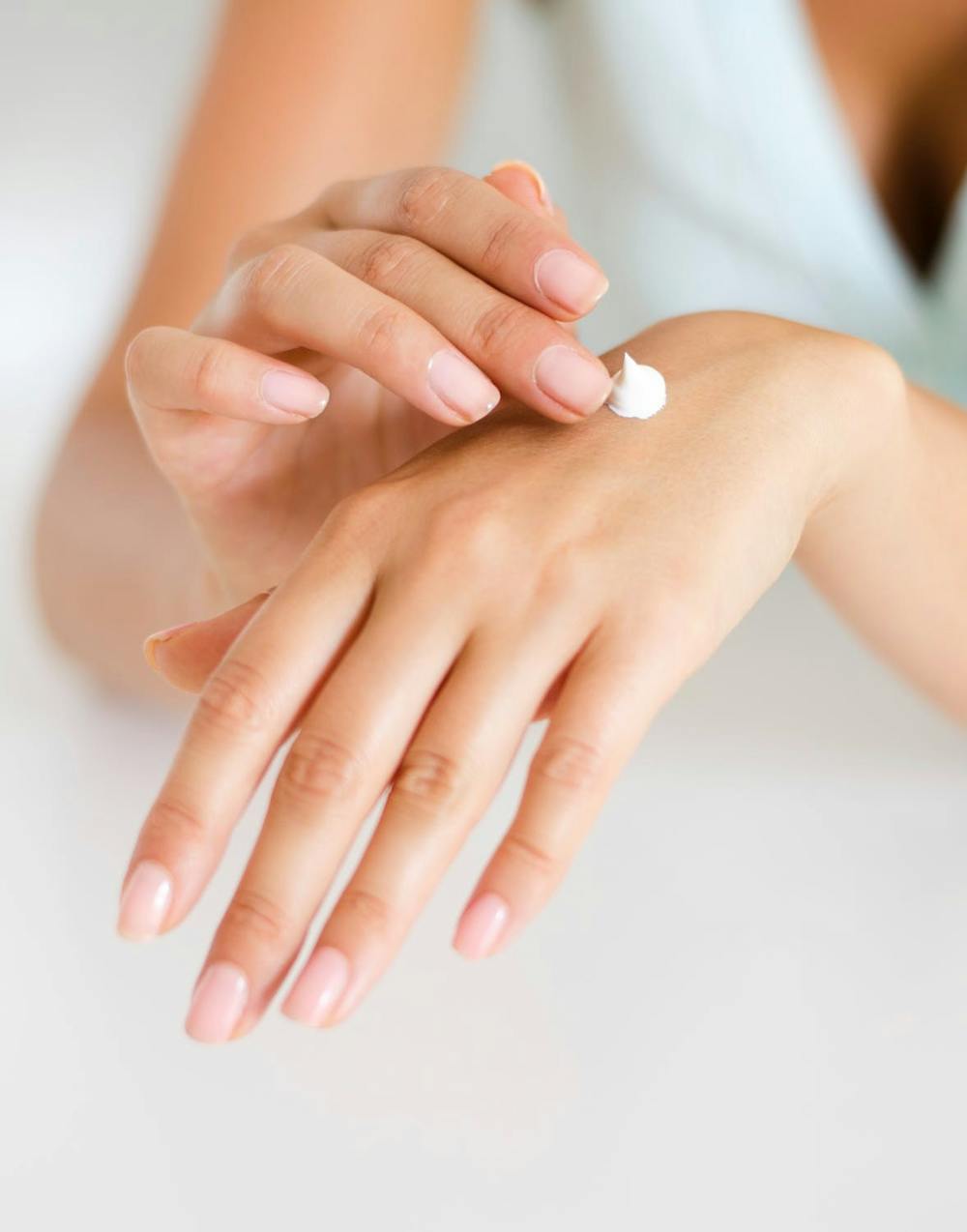Caring for our skin, regardless of its tone, color or texture, is very important all year around. The main job of the skin is to act as a stable, resilient and flexible barrier protecting against harmful environmental agents. It also acts in temperature regulation and in protecting our vital, internal organs and structures from external moisture, germs and toxic substances.
Lack of skin care can create vulnerability in the integrity of our skin, leading to dryness, flakiness, pain and itching. This especially rings true during the colder months, when exposure to extremely brutal temperatures, dry air from radiators and heating units in our homes, as well as certain lifestyle behaviors, can wreak havoc on our skin. In addition, factors such as poor hydration, lack of moisturizing, and taking extremely hot showers and baths also have the potential to cause “winter skin” damage.
Here are a few simple tips to help you keep loving that skin you’re in:
Use lukewarm water rather than hot water, which can wash away natural oils and dry out skin.
Limit yourself to one 5 to 10 minute bath or shower daily. If you bathe more than that, you may strip away much of the skin's oily layer and cause it to lose moisture, creating dryness.
Minimize your use of soaps. If necessary, choose a moisturizing preparation such as Dove, or consider soap-free cleansers like Cetaphil.
Steer clear of deodorant soaps, perfumed soaps, and alcohol products, which can strip away natural oils.
Bath oils can be helpful to prevent dryness, but use them with caution. They can make the tub slippery, resulting in falls.
When using bath sponges, scrub brushes and washcloths, use a light touch to avoid trauma to the skin.
When drying off the skin after bathing, pat or blot the surface dry. Avoid rubbing the skin when using a towel to reduce the risk of trauma.
-
Apply moisturizer immediately after bathing, or after washing your hands. This helps plug the spaces between your skin cells and seal in moisture while your skin is still damp.
- To reduce the greasy feel of petroleum jelly and thick creams, rub a small amount in the palm of your hands, and then rub it over the affected areas evenly until neither your hands nor the affected areas feel greasy.
- Individuals that suffer with skin conditions such as eczema should use a thick emollient, such as Eucerin, Aquafor or CerVe. These creams should be applied immediately after bathing to prevent worsening dryness and skin irritation.
- Try to avoid scratching itchy skin. Most of the time, applying a moisturizer can help to control the itch. Scratching dry skin can create damage to the outer layer of the skin leading to cuts and fissures. These open areas can lead to infections. You can also use a cold pack or compress to relieve itchy spots.
- If using a shaving cream or gel when shaving, leave it on your skin for several minutes before starting. This creates a thin layer of protection between the blade and the skin, ensuring less friction and minimizing the risk of redness, shaving rash, and irritation, leading to fewer nicks and cuts.
- Use fragrance-free laundry detergents and avoid fabric softeners. Detergents and fabric softeners that contain preservatives, dyes and other chemicals can cause irritation and rashes.
- Avoid wearing wool and other fabrics that can cause itching and irritate the skin.
- Use sunscreen even in the winter to prevent exposure to those harmful rays, which may lead to photoaging.
Those with concerns about having “winter skin” should seek care with a medical provider right away. Kean University Student Health Services is available to recommend a course of action and answer questions.
Resources:
https://www.health.harvard.edu/womens-health/what-to-do-about-dry-skin-in-winter
https://www.webmd.com/beauty/itching-from-dry-skin#1
This article was written by Student Health Services.






